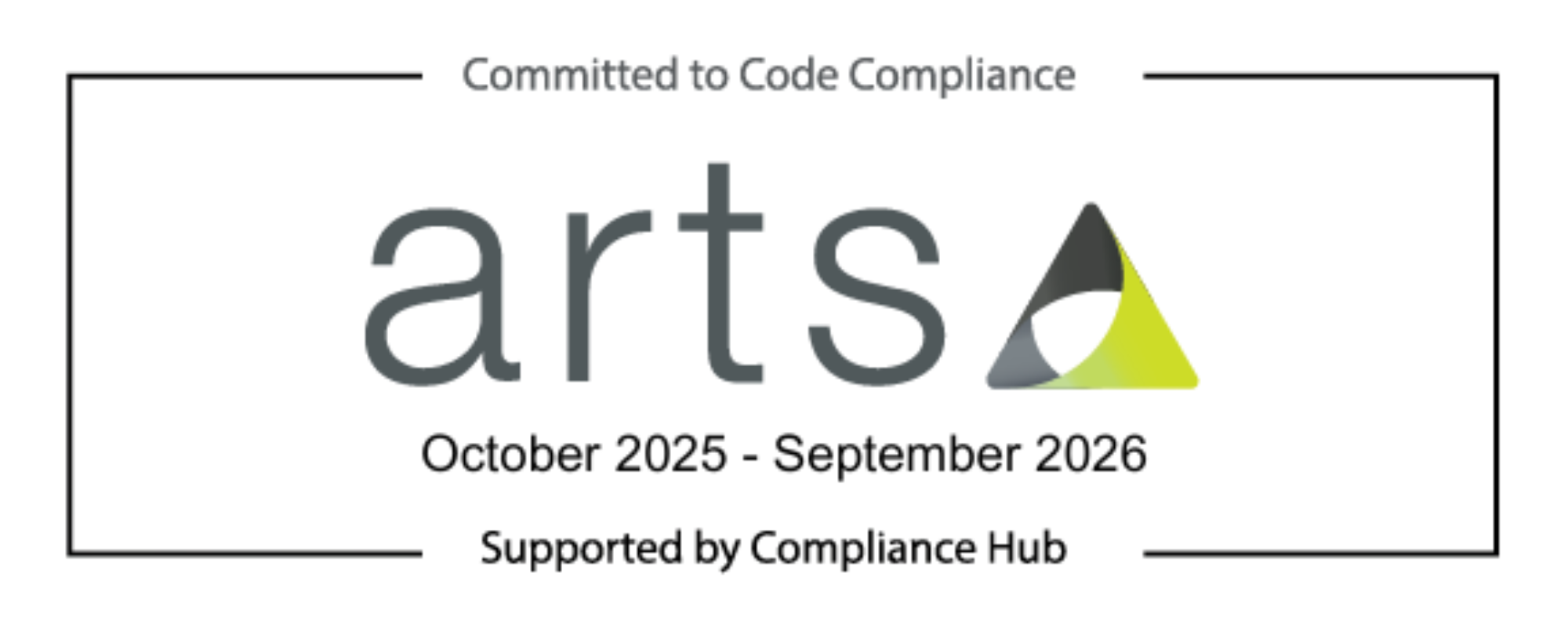New opportunities to reclassify medicines: what clinical pharmacy needs to know
New opportunities to reclassify medicines: what clinical pharmacy needs to know
The Department of Health and Social Care (DHSC) has recently unveiled a list of medical conditions and categories where it is encouraging more reclassification applications to the Medicines and Healthcare products Regulatory Agency (MHRA). Reclassifying prescription-only medicines (POM) to over the counter or available in pharmacy (P) status could profoundly impact patient care and presents new opportunities for pharmacists in the UK.
This shift is designed to improve patient access to treatments, reduce pressure in primary and secondary care, and enhance the role of pharmacists through influencing access to medication in England.
The full list of conditions and medicine categories suitable for reclassification are:
- Conditions
- Short term sleep aids
- Oral health
- Pain management (migraine, osteoarthritis, pain relief/joint pain)
- Allergic rhinitis
- Skin (acne, eczema, psoriasis)
- Conditions that affect women’s health
- Indications
- Gastro:
- Heartburn
- Preventative indigestion
- Stomach protection
- Skin:
- Acne
- Actinic Keratoses
- Eczema
- Psoriasis
- Women’s Health:
- Heavy periods/Menorrhagia
- Intimate fungal skin infections
- UTI (non-antibiotic treatment)
- Gastro:
These changes present several tangible implications for pharmacy.
Enhanced patient autonomy: Reclassification could reduce hospital readmissions or the need for GP appointments by enabling patients to self-manage certain conditions through increased access to medications without the need for a prescription.
Reduced system pressure: Removing prescription-only restrictions helps minimise unnecessary GP appointments and A&E attendances for minor conditions, gifting patients greater access to medicines they need without having to visit their GP, thereby reducing demands across primary and secondary care.
Professional development: As clinical pharmacy professionals are poised to take on expanded responsibilities, they can leverage their specialist knowledge and contribute their clinical expertise to this initiative, particularly in identifying medications where the balance of the risk-benefit profile supports greater accessibility.
Discharge planning optimisation: Reclassification could significantly streamline the discharge process by allowing certain medications to be recommended for over-the-counter purchase rather than requiring discharge prescriptions, potentially reducing discharge delays.
Medication reconciliation: New protocols for medication reconciliation may need to be developed that account for self-purchased pharmacy medicines, particularly for patients with complex medication regimens or polypharmacy.
Clinical guidelines integration: Hospital clinical guidelines and pathways will require revision to incorporate newly reclassified medicines, particularly for chronic disease management.
These updates still raise important questions, such as what additional training or resources will pharmacy professionals require to safely manage this transition? What medicines are likely to be reclassified next? How can pharmacy professionals communicate with patients to ensure these newly accessible medications are used correctly and safely? And what protocols must be established to align with MHRA guidelines and maintain compliance during this transition?
However, the reform represents a significant opportunity for pharmacy professionals to extend their impact and shape medication accessibility across healthcare. The Royal Pharmaceutical Society has welcomed the updates and they aim to work closely with the MHRA and manufacturers to provide guidance for patients and clinicians to effectively manage this transition.


 London
London


